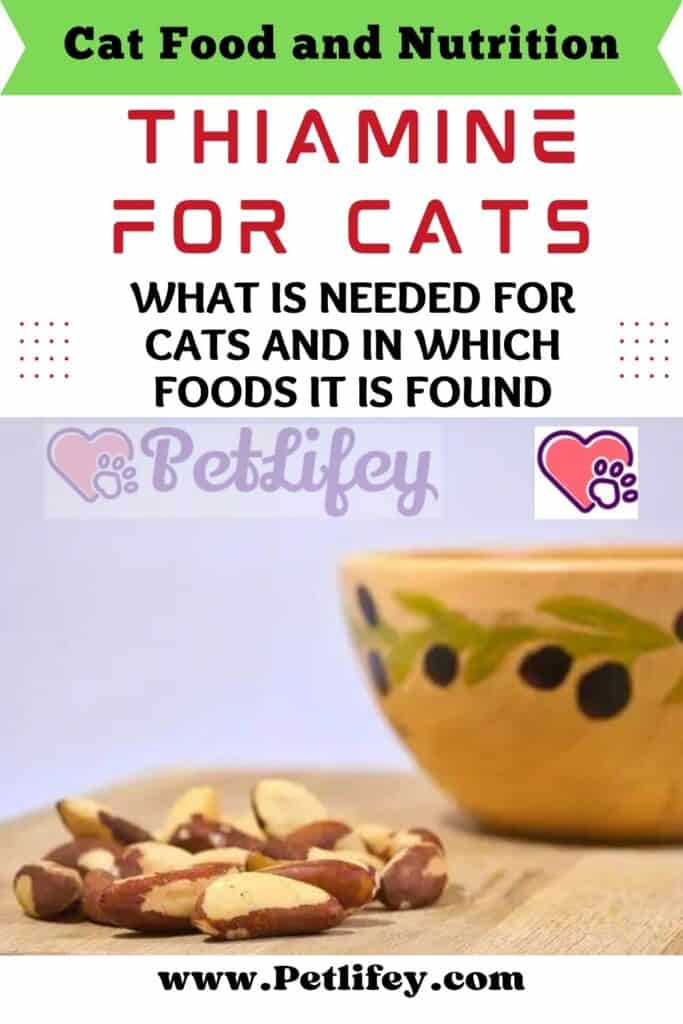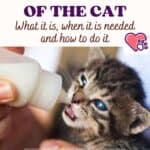
Thiamine, or vitamin B1, is essential for the well-being of the cat: let’s find out where to find it and what damage its deficiency causes.
Worried that your cat is not getting enough thiamine? This essential vitamin, if present in insufficient quantities in the animal’s body, can cause dangerous damage to the nervous and heart systems. Let’s see together in which foods it is found, what it is used for and what are the effects of hypovitaminosis B1 in the cat.
Vitamin B1: what it is and what it is used for
Thiamine is a substance belonging to the B vitamins, which is one of the essential nutrients for cats.
If it was not taken in the right doses, the animal’s body would not be able to perform some important functions correctly.
In particular, vitamin B1 is essential for carrying out the following processes:
- Determining activities for neuronal tissue;
- Energy metabolism of carbohydrates.
This chemical component cannot be synthesized autonomously by the body; therefore, it is essential to take it through food. Otherwise, a diet with a deficient intake of this substance would risk provoking the onset of hypovitaminosis B1.
Thiamine for cats: in which foods it is found
What foods is thiamine found in? First, beware of canned foods.
In fact, it should be noted that generally this type of feed, unlike the dry one, does not contain a particularly high quantity of vitamin B1.
The foods that guarantee a good supply of thiamine for cats are mainly of vegetable origin:
- Yeasts
- Cereals
- Legumes
In any case, it is important not to overdo it: the cat, in fact, is a predominantly carnivorous animal and as such needs to take mainly food of animal origin. A fair amount of vitamin B1 is also found in:
- Carne
- Egg
- Pesce
The cat’s thiamine requirement is approximately 0.60 milligrams per 100 grams of food. In any case, it will be necessary to ask the veterinarian for advice, who will be able to establish the correct dose to be taken by the cat, based on age, state of health and other parameters.
Thiamine deficiency in cats: symptoms and risks

Thiamine deficiency could be very dangerous for your cat’s health.
How to identify it? Symptoms of hypovitaminosis B1 are:
- Weakness
- Depression
- Convulsions in cats
- Lack of coordination
- Loss of balance
Usually, the main cause of thiamine deficiency is food origin. In particular, cats fed exclusively with raw fish are more prone to the onset of hypovitaminosis B1.
This food, in fact, contains a substance called thiaminase, which is able to block the absorption of thiamine. What are the most serious consequences for the animal’s health?
- Intracranial hemorrhage
- Encephalopathy
- Brain damage
To cure the cat, unless the consequences of the deficiency are now irreversible, it will be sufficient to administer food supplements to the cat based on this substance. In just 24 hours, the cat’s symptoms will significantly regress.






